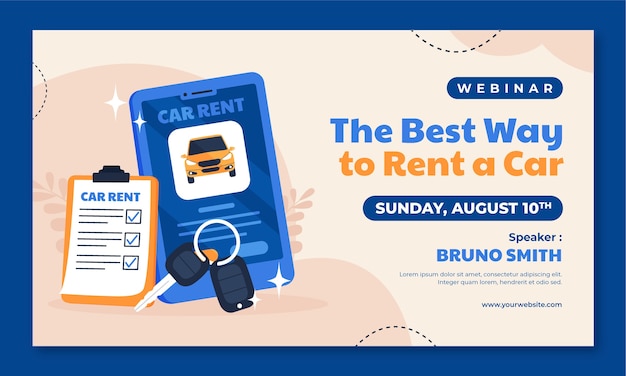
Car insurance is a crucial, albeit costly, part of daily life. The world can be highly unpredictable, so it’s essential to have a backup plan for unexpected events. When seeking a quote, you’ll need certain documents and be prepared to answer specific questions from insurers. To help you get ready, here are some things to expect when requesting a quote to avoid wasting time for both parties.
**Do You Own the Car?**
Insurers need to know if you own the car because it affects what you’ll pay. If you have a lease or loan, you might need to cover comprehensive and collision insurance in addition to liability insurance. You might also need gap insurance, which covers the amount you owe if the car is damaged.
**How Many Miles Do You Drive Each Day?**
This is a key question for insurers, as it affects your risk of accidents. More driving increases the likelihood of accidents, which means higher premiums. Conversely, driving less can help you avoid higher costs.
**Can I See Your Driver’s License?**
Your driver’s license is crucial for insurers. It confirms your eligibility for insurance and allows them to check your driving history. A clean record can lower your insurance costs, while a history of accidents or violations can increase them. If others will drive the insured car, you’ll need their licenses too.
**What Kind of Car Do You Drive?**
Insurers need more than just the make and model of your car; they also need the Vehicle Identification Number (VIN). This number helps them identify the car precisely. The type of car you drive will significantly influence your insurance costs.
**Do You Use the Car for Work or Business?**
Using your car for business can increase your insurance costs. Commercial use requires additional coverage, which can add to your expenses.
**Who Handles Your Current Insurance?**
Your current insurance provider can impact your new quote. Different companies have different specialties and may offer better or worse rates based on their target clients. Some cater to drivers with clean records, others to veterans, and some focus on high-risk clients.
When you’re ready to get insurance, be honest, assess the risks, and compare quotes to find the best fit for your budget.